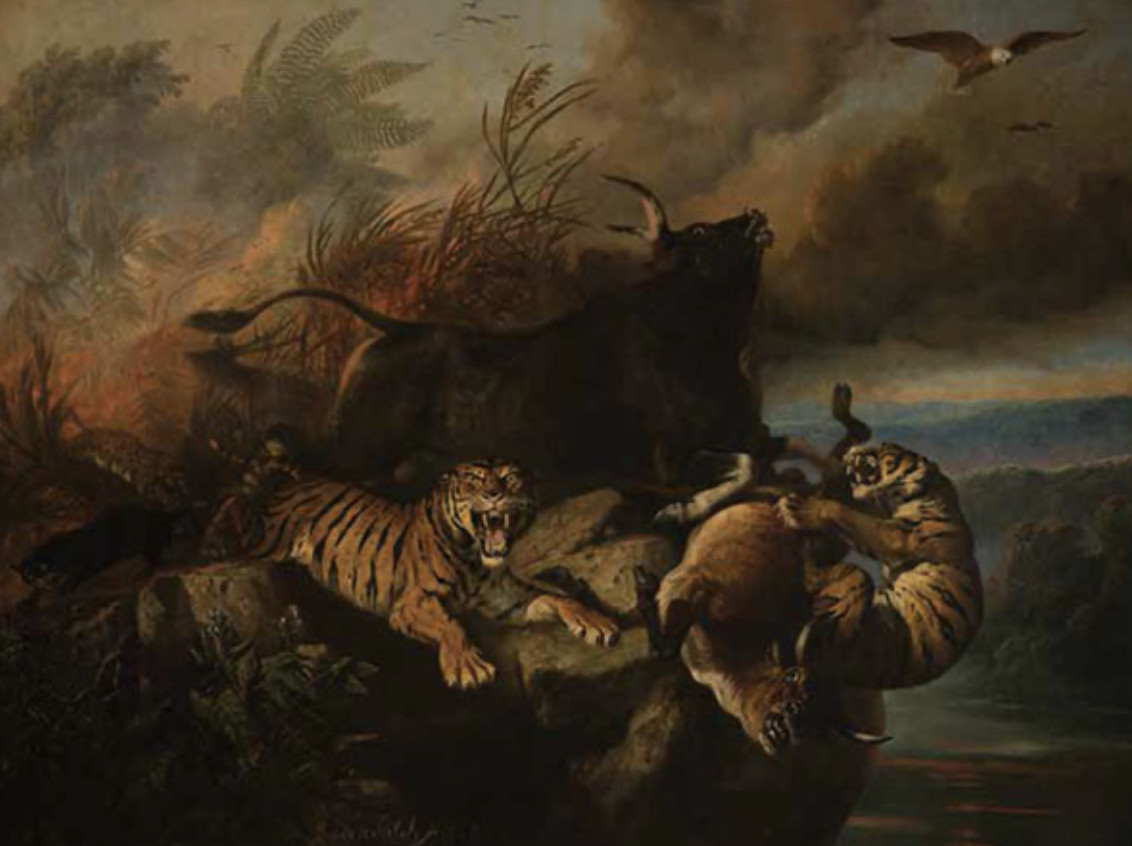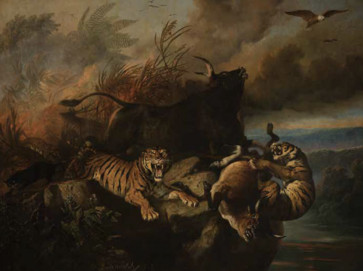Popular Reads
Top Results
Can't find what you're looking for?
View all search resultsPopular Reads
Top Results
Can't find what you're looking for?
View all search resultsDiponegoro lives on, two centuries after the fact
Although the Java War started two centuries ago, the story of Diponegoro's heroism remains fresh to Indonesians today thanks to many serious scholarly works as well as the products of pop culture which advertise his trials and tribulations. The following is a non-exhaustive list of scholarly works and popular retellings of Diponegoro's life.
Change text size
Gift Premium Articles
to Anyone
H
istory is full of towering figures who changed the course of events but were soon forgotten with the passage of time. Javanese prince Diponegoro could have been a small footnote in the Indonesian history if he decided to enjoy life as a minor noble in Yogyakarta in the early 19th century. But his decision to take up arms and fight the Dutch colonial army in a war that lasted for five years, and which almost bankrupted the Dutch colonial administration, made him one of the most celebrated figures in Indonesian history.
Although the Java War took place two centuries ago, the story of Diponegoro's heroism remains fresh to Indonesians today thanks to many serious scholarly works as well as the products of pop culture which advertise his trials and tribulations. The following is a non-exhaustive list of scholarly works and popular retellings of Diponegoro's life and times.
'Diponegoro' by Chairil Anwar (1943)
It is only fitting that the most famous poem on the outcast royal prince was written by an iconoclast like Chairil Anwar. Written in 1943 during the nationalist ferment leading up to the country’s Declaration of Independence two years later, “Diponegoro” was a battle cry for freedom fighters engaging in a struggle to wipe aways the last vestiges of Dutch colonialism. The poem has one of Chairil’s most famous couplets, “Sekali berarti, Sudah itu Mati,” (When it has meaning, then it dies), an existential theme that runs through some of the poet’s other major works like “Aku”(I).
The poem also presages the independence of Indonesia with the opening lines, “Di masa Pembangunan Ini, Tuan Hidup Kembali.” (In this age of awakening, you are born again). General Soeharto’s New Order regime made this poem mandatory reading for elementary school students, likely stressing a related connotation of the word, that of "development," a key term in regime propaganda surrounding their campaigns of state-led industrial growth. The poem's transmission through the public education system elevated this masterpiece to the status of one of the most well-known poems in post-independence Indonesia.
Read also: Diponegoro and the birth of Indonesian nationalism
'Pahlawan Goa Selarong', directed by Lilik Sudjio (1972)



















